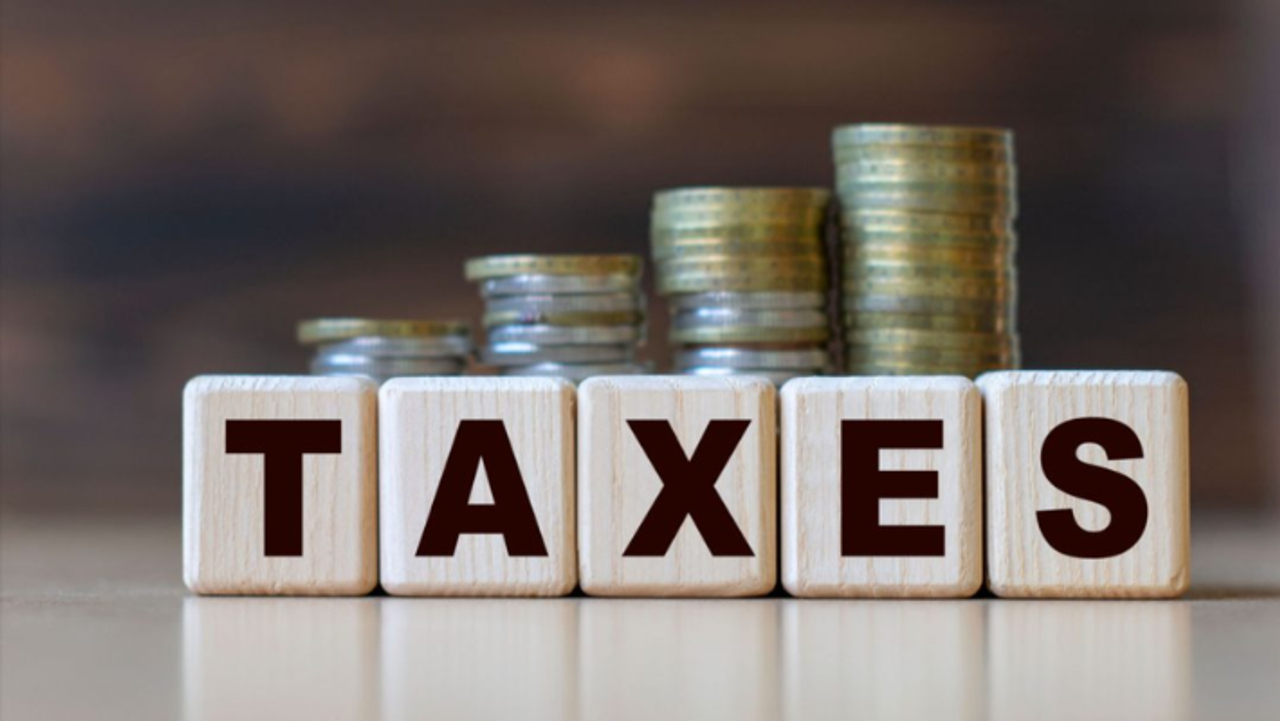What happens when you skip paying taxes in India? Fines, penalties, and more
While the tax system allows individuals to choose between the old and new income tax regimes—each with distinct rules and tax slabs—it also enforces strict penalties for non-compliance.

In India, paying income tax is a legal obligation for all individuals, whether they earn through employment or business. Taxes contribute significantly to national revenue, enabling the government to offer various benefits and services to taxpayers.
While the tax system allows individuals to choose between the old and new income tax regimes—each with distinct rules and tax slabs—it also enforces strict penalties for non-compliance. Here's a detailed look at the consequences of failing to pay taxes in India.

Penalty for late filing (Section 234F)
Failing to file your income tax return by the due date can result in financial penalties.
Income above Rs 5 lakh: Late filing attracts a penalty of Rs 5,000.
Income up to Rs 5 lakh: The penalty is reduced to Rs 1,000.
Additionally, an interest rate of 1% per month is levied for delayed filing under Section 234A.
Notice from the Income Tax Department (Section 156)
If you have outstanding tax dues, the Income Tax Department may issue a demand notice under Section 156. This notice specifies a deadline for payment. Ignoring such notices can escalate to legal proceedings.
Penalties for tax evasion (Sections 270A and 276CC)
Intentional or unintentional tax evasion carries severe repercussions:
Misrepresentation of income can result in penalties ranging from 50% to 200% of the underreported tax under Section 270A.
Deliberate evasion may lead to criminal charges under Section 276CC.
Asset seizure: Repeated non-compliance with Income Tax notices may result in the seizure of assets, including property and vehicles, to recover unpaid taxes.
Impact on financial reputation and travel:
Tax defaulters may face a decline in credit scores, making it difficult to secure loans or credit in the future. In severe cases, the Ministry of External Affairs can revoke or deny passport issuance, effectively barring international travel.
Legal trial and imprisonment:
For significant tax evasion cases, offenders may face court trials, which can lead to hefty fines and imprisonment ranging from three months to seven years.
Stay updated with all the latest Business News, including market trends, Share Market News, stock updates, taxation, IPOs, banking, finance, real estate, savings, and investments. Track daily Gold Price changes, updates on DA Hike, and the latest developments on the 8th Pay Commission. Get in-depth analysis, expert opinions, and real-time updates to make informed financial decisions. Download the Asianet News Official App to stay ahead in business.